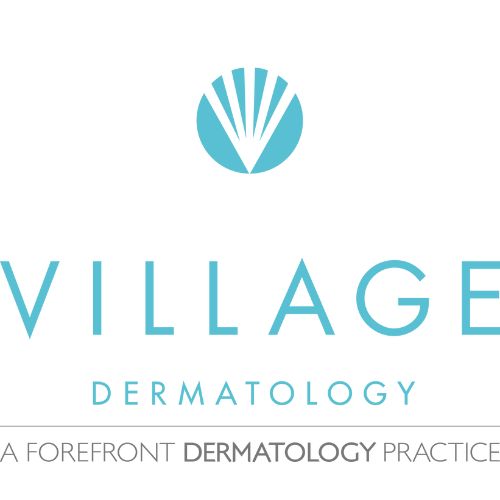April is Rosacea Awareness Month! The goal of Rosacea Awareness Month is to educate the public so that more people living with rosacea can seek medical help before it gets worse, and so those whose lives are affected can find greater acceptance and understanding of this skin condition.
Early treatment is crucial to curtailing this chronic condition, which causes facial flushing, skin thickening, and may appear like severe acne across the cheeks and nose. Rosacea becomes more difficult to treat over time, so inhibit the onset with a confirmed diagnosis and proper treatment.
There is no cure for rosacea. But rest assured, we offer effective, cutting-edge treatments to manage your rosacea, from medicines to laser therapy. When it comes to the skincare you use at home, it is important to avoid products or habits that might trigger or worsen your rosacea. Check out our Skincare Experts’ recommendations for building a rosacea-friendly skincare regimen below:
- Use a mild or gentle cleanser made for sensitive skin. Avoid harsh soaps or scrubs that might inflame the skin.
- Wash your face gently with your fingertips. Avoid rubbing and using washcloths or facial cleansing brushes.
- Use lukewarm water when washing your face. Extreme temperatures may cause a rosacea flare-up.
- Moisturize with a barrier cream every day to reduce irritation and make the skin more comfortable.
- Use sun protection every day, even if you don’t plan on being out in the sun for long periods of time. The sun’s damaging rays can penetrate windows in your car or office.
- Avoid skincare products with alcohol like astringents or toners.
- Look for fragrance-free products vs. unscented.
- Avoid products with acids, like salicylic or lactic acid.
- Test new makeup products on a small area of the face for 72 hours before using on the entire face.
- Maintain regular appointments with your Board-Certified Dermatologist or Certified Dermatology Physician Assistant to properly treat your rosacea and to stay on top of new treatment options.

